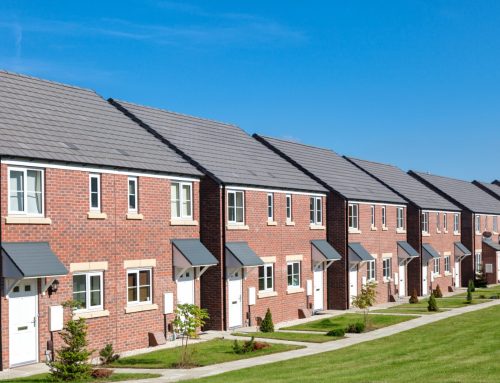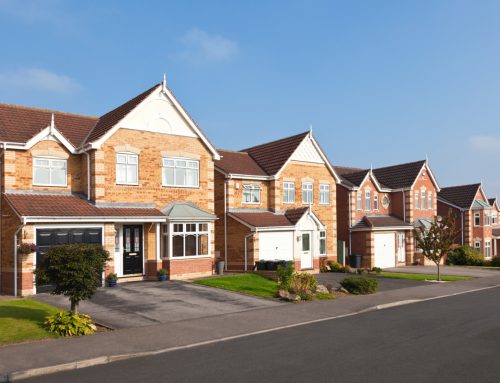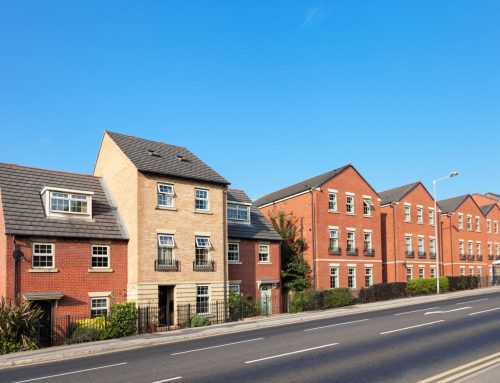[sgmb id=”1″]Rising UK Property Prices Making Homes Unaffordable
UK Property Prices increase over 3 times the rate of wage growth in the last 3 years, the rising property prices across the country, making UK property unnafordable across the UK.
- House prices are 6 times the average salary across Britain
- Average London Property Price is 11 Times the average Teacher’s salary
- Bank of Mum and Dad set to lend 5bn across 2017 to help first-time-buyers as they become increasingly priced out of home ownership
- UK Property Prices Rise 20% in 3 Years compared to 6% growth in Earnings.
House prices are 6 times the average salary across Britain
UK Property Prices have risen to 6 times the average annual earnings. Near-stagnant wage growth and recent years of house price rises have decreased affordability across the country. This is despite a slowdown in house price inflation, according to the Nationwide. The latest figures indicate that the affordability ratio, calculated as average income compared to the average property price, has not been so far apart since March 2008. In the last 3 years, property prices have risen over 3 times faster than wages. House prices recorded a rise of 20%, while wages just 6%, the Nationwide said. The Nationwide said the weakness of the market may still reflect the changes to stamp duty in April. According to the government’s Office for National Statistics, the average price to buy a property in London is currently at £489,000, compared with the overall £219,000 figure for the UK overall.
Average London Property Price is 11 Times the average Teacher’s salary
London teachers’ wages show no correlation to the UK ‘s rising property prices. The average London home in 1997 was around 4.5 times the salary of a London teacher. However, fast forward near 20 years, the figures are shocking in contrast. Figures from Halifax show that the average price for a London property now stands at £458,000. Therefore equals a staggering 11 times the typical salary of a local teacher & this trend is not limited to London. Housing economist from the Halifax, Martin Ellis says; “House prices have risen significantly more rapidly than teachers’ salaries over the past 20 years,”. Ellis continues; “This has made it far more difficult for teachers to buy their own home in many parts of the country.” 
The Bank of Mum and Dad is playing a leading role in assisting first-time buyers.
As property prices in the UK continue to rise, first-time buyers are becoming further disconnected from the distant ambition of home ownership. Stagnant salary growth and the rising cost of housing is pricing the millennials out of the housing market. Growing numbers are dependent on the bank of Mum and Dad to help to get on the ladder. New research from Legal & General, estimates that parents will lend aspiring homeowners as much as £5 billion 2016. This equates to The bank of Mum and Dad being in the top 10 of mortgage lenders. The demand for property outstripping the supply of available housing is driving house prices out of reach for first-time buyers. Consequently, this also makes property so attractive for buy-to-let investors. A constant stream of renters enterubg the rental market as home ownership is unaffordable. Read More UK Rental Demand Rises as Home Ownership Falls Stephen Smith. The Chairman on the Legal & General Mortgage Club commented on the Governmental need to prioritise affordable homes: “Although it may be helpful to many, the Bank of Mum and Dad is only a temporary fix, in that it represents an unsustainable form of support that cannot last forever. If we really want to give our children and grandchildren the best opportunity to become homeowners, the Government needs to put hundreds of thousands of affordable homes at the very top of its social agenda.”
Should Grandparents, skip a generation to curb intergenerational housing wealth divide?
The Housing Minister, Gavin Barwell, has called for wills to be made favouring grandchildren, to help limit the increasing inter-generational divide in housing wealth. Barwell, has encouraged parents to disinherit their children, and instead leave their homes and wealth to their grandchildren to help the next generation of home buyers to get on to property ladder. Gavin Barwell urged pensioners to consider skipping a generation when it comes to inheritance as he revealed that his mother will leave her estate and £750,000 home to his sons. Read More: Rising House Prices Restricting First-Time Buyers
1 in 4 properties sold are 2nd home or buy-to-let investment purchases – HMRC
Figures from HMRC indicate that around 1 in 4 properties bought in the UK in the third quarter of 2016, after the introduction of the new stamp duty rules, were a buy-to-let investment or second home purchase. These purchases due to the new 3% surcharge, have generated £440 million in additional tax revenue. With the sterling falling since Brexit, UK Property Prices are cheaper due to the currency strength of international buyers from Asia, the Middle East and more recently the United States. International buy-to-let investors are pouring into the property market, seeking high yielding investment properties. Smaller apartments with one or two bedrooms, which are usually purchased by young first-time buyers, have been the buy-to-let investment of choice for investor buyers, who are attracted by the good yields and strong demand for rentals. This is causing increased competition at the bottom end of the market, and driving further growth in property prices. Read More: Weak Pound Means it’s Time to Invest in UK Property Ian Thomas, Co-Founder and Director of online mortgage lender LendInvest, says “international interest is strong. We are starting to see activity pick up in the housing market. Sellers have become more realistic about the price they can achieve for their property since the Brexit vote; furthermore, the fall in the value of the pound has made UK property more attractive to international buyers.”
Stamp Duty changes increasing competition for first-time buyers
The latest property data from the UK Land Registry showed across England and Wales, there were a total of 95,300 property sales for registration in September; of which only 552 properties had a value of over 1 million. The raising of the Stamp Duty for investors has done little to deter purchasing at the lower end, some believe that the changes made in April this year, have redirected investment flows away from more expensive larger properties and London apartments into smaller units, worsening the housing shortage. UK Property Prices rising is encouraging further investor appetite. The latest monthly poll from the National Association of Estate Agents recorded a 16 percent rise from August, taking demand back to levels last seen before the EU referendum in June. With demand recovered from the post-Brexit slump, the outlook for buy-to-let property in the UK looks positive.








